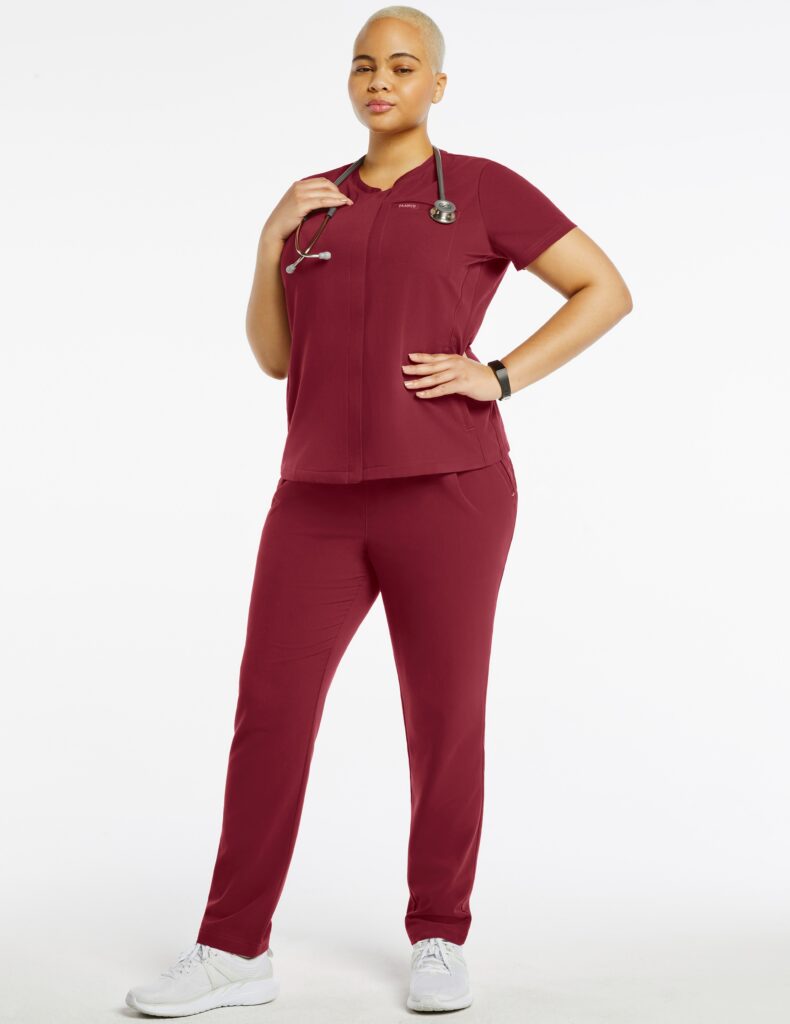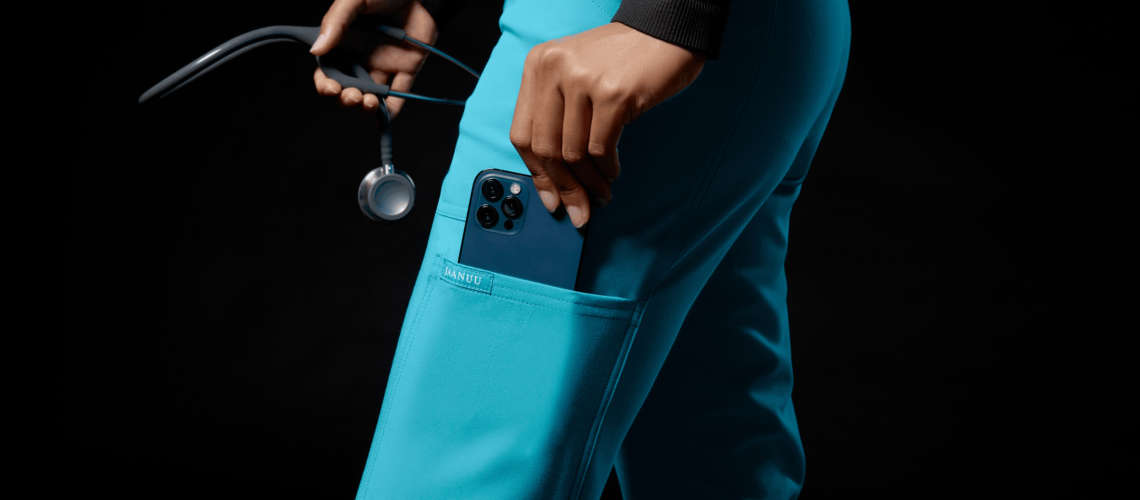These days, there’s no denying we’re inseparable from technology––and vice versa. It allows us to queue up our favorite playlists via voice-activated requests and order takeout in a couple of clicks. Our friends and family are literally at our fingertips, no matter where they are in the world. The list goes on and on.
Despite all the ways technology has affected our daily lives, it’s nothing compared to how it’s revolutionized the healthcare industry. It has streamlined operations and improved the efficacy of diagnoses and treatment. It’s even helped healthcare workers provide medical care via telemedicine to individuals who wouldn’t usually have access to health facilities.
If you’re a healthcare worker, tech is bound to play a significant role in your career. And, if you’re studying to work in the field, technological tools can help you prepare for tests and memorize important information. Instead of having to lug around a backpack full of heavy books, you can carry a wealth of complex medical terminologies around in your pocket, right on your phone.
Let’s explore the best apps to learn medical terminology and how tech can help you in your studies and in your career as a medical professional.
What are the best medical terminology apps?
Whether you’re preparing for the United States Medical Licensing Examination (USMLE) during medical school or need a handy dictionary to look up terms while on the job, the following medical terminology study apps will no doubt come in handy. This may be a far simpler application of tech in medicine than, say, robot-assisted surgery, but compact guides are an invaluable resource. We’ll also share some high-tech advancements in the next section so that you can understand the full breadth of technology’s reach in the field.

Medical Terminology Dictionary
This app, available for Android devices, downloads an offline reference guide to your phone or tablet that you can access even when you’re not connected to the internet. It contains medical terms, phrases, and abbreviations, along with information on diseases, symptoms, and tests, which makes it perfect for healthcare providers working in remote areas or on emergency vehicles (or anyone who doesn’t have the best service at the hospital).
Oxford Medical Dictionary
The app, also available for Android devices, provides information written by other healthcare professionals. It doesn’t just boast some 12,000 entries on medical science, but it also has more than 140 illustrations to help visual learners.
Dorland’s Illustrated Medical Dictionary
This resource, compatible with both Android and iOS, offers an illustrated format that’s easy to use for anyone no matter where they are in their medical career.
Medical Terms & Abbreviations
This application for iOS breaks down the meaning of tricky medical abbreviations and features more than 1,000 entries. It also works with prefixes and suffixes to help you gain a deeper understanding of how medical terms are formed.
Med Term Scramble
Time to study or have some fun on your lunch break? Use this app, available for iOS, to test your knowledge of those 20-letter words of your trade. More fun than flashcards and as engaging as Wordle, this resource is perfect for medical students and professionals who want to brush up on terminology in an entertaining way. Consider this one of the best medical terminology apps for iPhone, perfect for when you need a break from textbooks and weighty reference guides.
Plain Language Medical Dictionary
The Plain Language Medical Dictionary from the University of Michigan Library could be considered the best medical dictionary online for those who prefer their scientific terms served straight up. With 1,808 easy-to-understand terms, this is a useful app that can help you clarify complex ideas for yourself or break them down for your patients.
Taber’s Medical Dictionary
This application, available on both Apple’s App store and Google Play store, contains over 75,000 terms and 1,300 images. It’s an excellent medical terminology pronunciation app, with nearly 34,000 recordings of tough-to-pronounce words that can help you practice for your next consultation or exam. This comprehensive app also contains videos, immunization schedules, measurement guides, and symbols. It’s like carrying 10 books and a computer around with you—in your pocket!
How to learn medical terminology on your own

Even if you have the support of a medical terminology app, good old-fashioned learning methods will always remain in style. Here are some ways you can support your learning without the help of your devices:
- Study the basics of Greek and Latin, as many medical terms etymologically come from these languages.
- Use acronyms or mnemonic devices to memorize groups of terms.
- Identify patterns like similar prefixes and suffixes in words.
- Make flashcards on terms that trip you up so you can drill them in your spare time.
Other benefits of healthtech
Apps are invaluable resources, but tech in the medical field goes far beyond helping you pronounce medical terms or pull up reference images. Here are some of the most practical and far-reaching applications of technology in medicine:
Telehealth
Not everyone can get to a medical facility easily. For many patients who are homebound or live in remote areas, telehealth has filled the gap in healthcare coverage—especially after COVID-19. Nurses and doctors can provide general consultations and recommendations for specialists to patients who, for whatever reason, can’t make it to the office or hospital.
Remote monitoring tools
Remote monitoring tools allow patients to take charge of their health from home. Patients use devices to track vital signs and other health information before transmitting the data to their care team for revision. This helps medical professionals stay on top of their patients’ conditions and medical records without needing them to come in for constant checkups.
Electronic health records (EHRs)
Say goodbye to bulky file cabinets and hello to EHRs! Unlike paper documents, virtual ones are easy to update and share across different healthcare settings and providers. EHRs streamline processes and make scheduling, access, and reporting increasingly agile.
We may not make medical dictionaries, but we hope to be an excellent resource for tips on self-care, careers in your field and, of course, the latest advancements in performance scrub technology.

